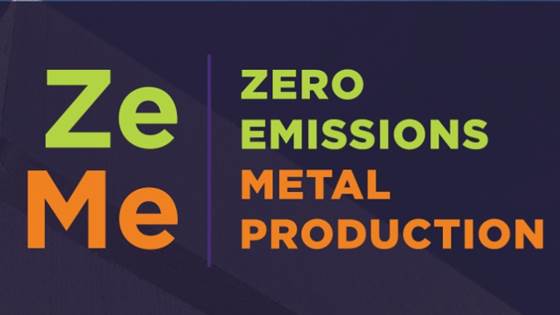
FME ZeMe
FME ZeMe developes the fundamental knowledge and technologies needed by the Norwegian metallurgical industry to become climate neutral by 2050.

FME ZeMe developes the fundamental knowledge and technologies needed by the Norwegian metallurgical industry to become climate neutral by 2050.
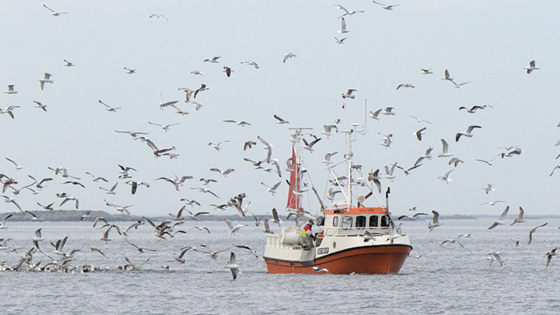
INFINIFISH will create innovations to monitor and mitigate the impacts of fishing on the climate and enable fisheries to adapt to the consequences of climate change.
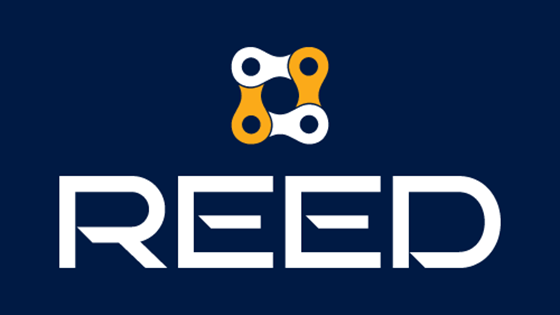
The main objective of REED project will be the development of a Manufacturing as a Service (MaaS) platform that will provide the enabling technologies, equipment and services for the manufacturing of bulky parts of the capital goods sector, assuring...
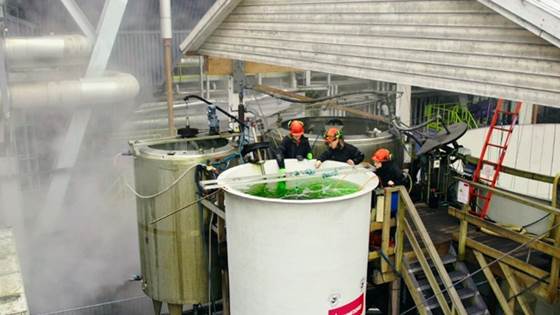
The goal for Microfeed is to be able to use diatoms as a raw material in salmon feed by contributing with documentation to show the effect of diatoms on nutrition, health and quality of salmon fish.
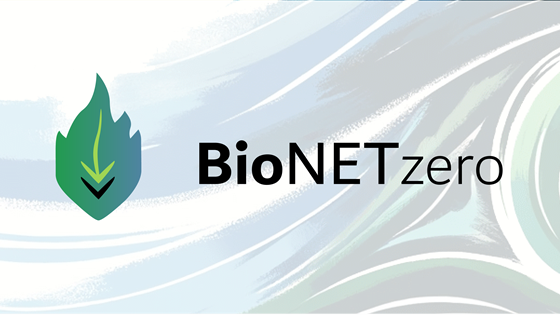
Integrated oxy-combustion solutions for flexible, bio-based combined heat and power
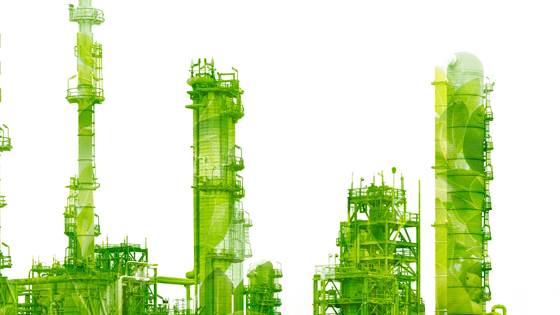
ICO2NIC will couple developments in polymer membrane-based CO2 capture technology with a novel Gas Diffusion electrochemical cell for CO2 to formic acid conversion. Valorisation of formic acid via innovative biological processing routes will deliver...
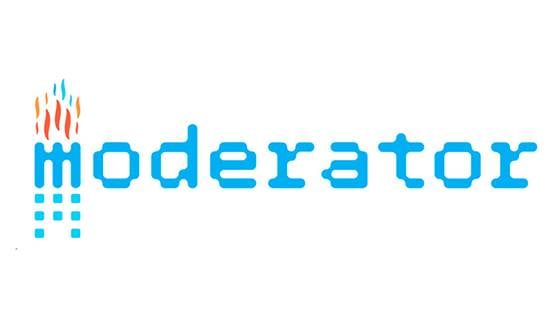
The project aims to design, validate and build an integrated prototype demonstrator that utilizes an immersion cooling system in combination with new, highly efficient materials and systems for long-term thermal energy storage.
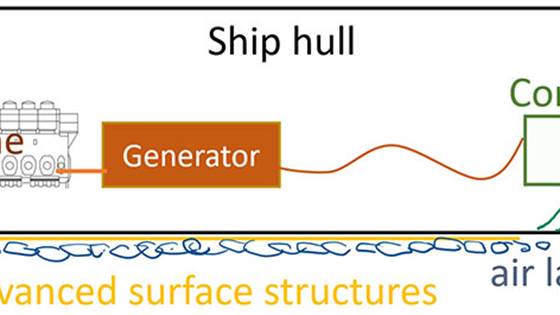
The main objective of AirOcean is to reduce environmental footprint and increase energy efficiency of oceangoing vessels by providing know-how for design and application of effective air-lubrication systems (ALS).
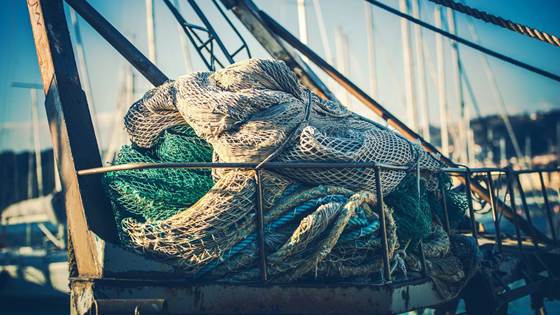
SEARCULAR’s core objective is the reduction of marine litter and microplastics generated by European fisheries (demersal trawlers, demersal seiners, tropical tuna purse seiners) and to promote circular economy practices in the fishing industry.
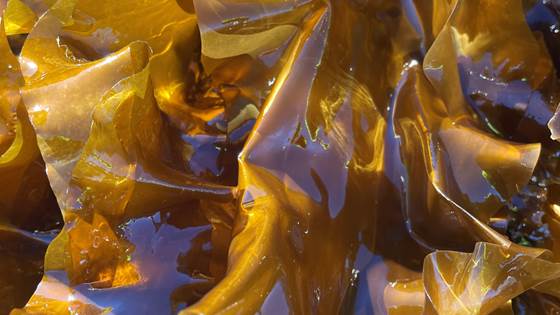
GP Seaweed seeks to develop technology and knowledge on the upscaling and modernisation of seaweed farming, while developing new, climate-friendly products from cultivated seaweed for blue-green value chains.
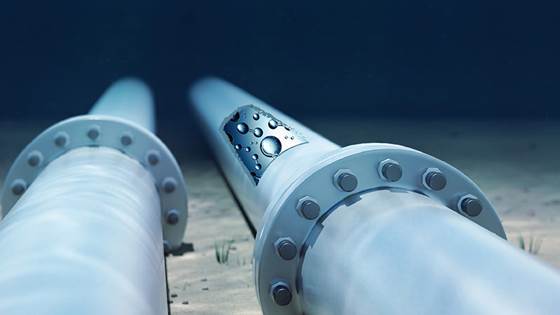
The main objective of the HyLINE II project is to enable safe pipeline transport of hydrogen gas by building a knowledge base covering the hydrogen effect on pipeline steel welds and its influence on the overall integrity of the pipeline.
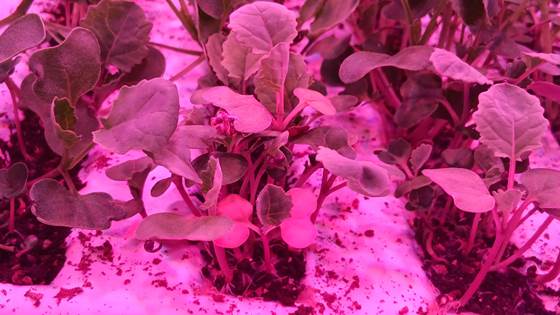
In Nutricycle we develop a technology for recycling nutrients from the waste water produced by land-based aquaculture, to a hydroponic plant-based fertilizer for vertical agriculture.
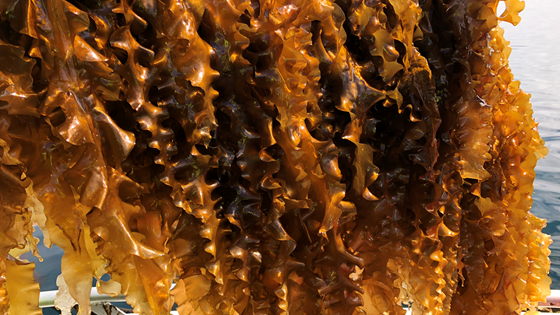
Great expectations are being linked to the emergence of seaweed cultivation as a new bioeconomy in Norway.
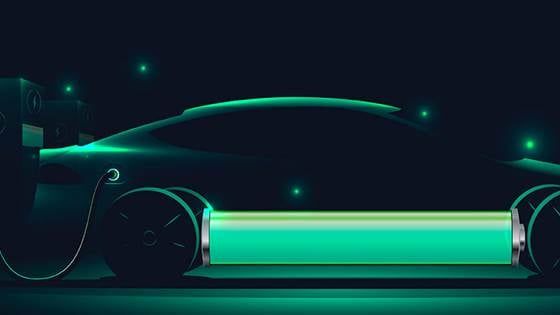
The main goal of GIGAGREEN is to develop and scale up innovative manufacturing processes or Li-ion battery components that follow a Design for Manufacture approach helping Europe to become a global leader in the Li-ion battery industry.
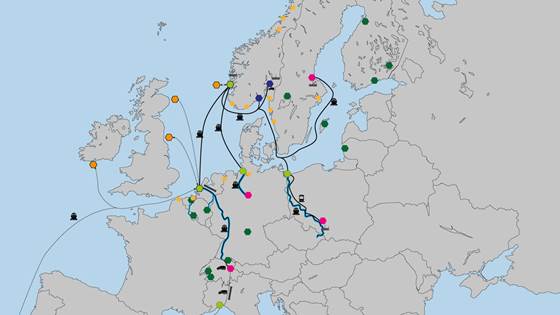
Providing access to cost-efficient, replicable, safe and flexible CCUS.
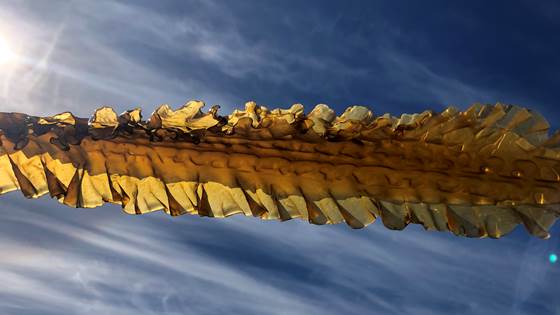
Reducing atmospheric GHG through offshore ocean seaweed farming and conversion to climate positive products or solutions.
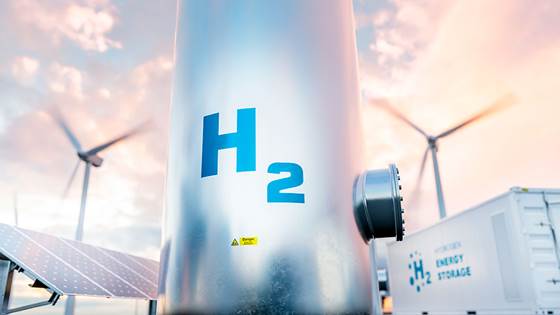
Technology aim to development of technology for complete gas conversion and energy transfer using energy storage materials between different processes.
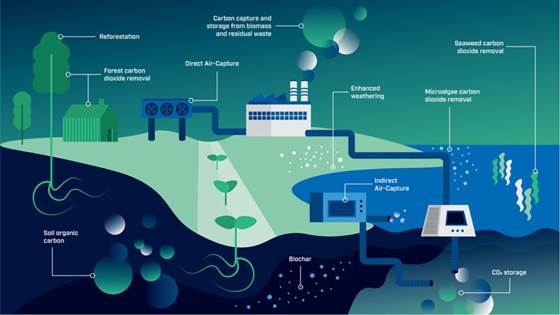
The ambition of the CC+ Centre is to explore, develop and test climate positive technologies with special focus on industrial solutions.